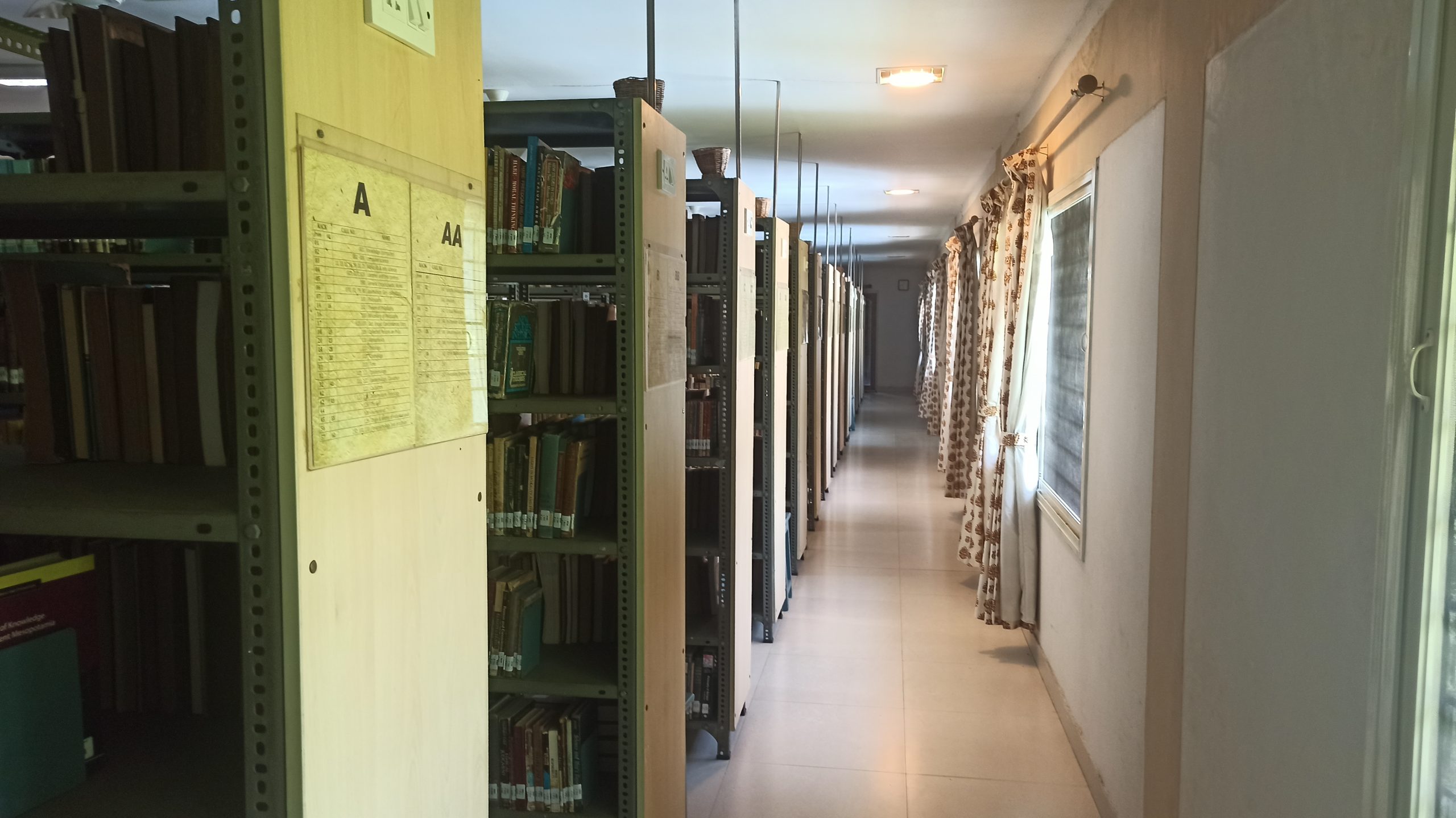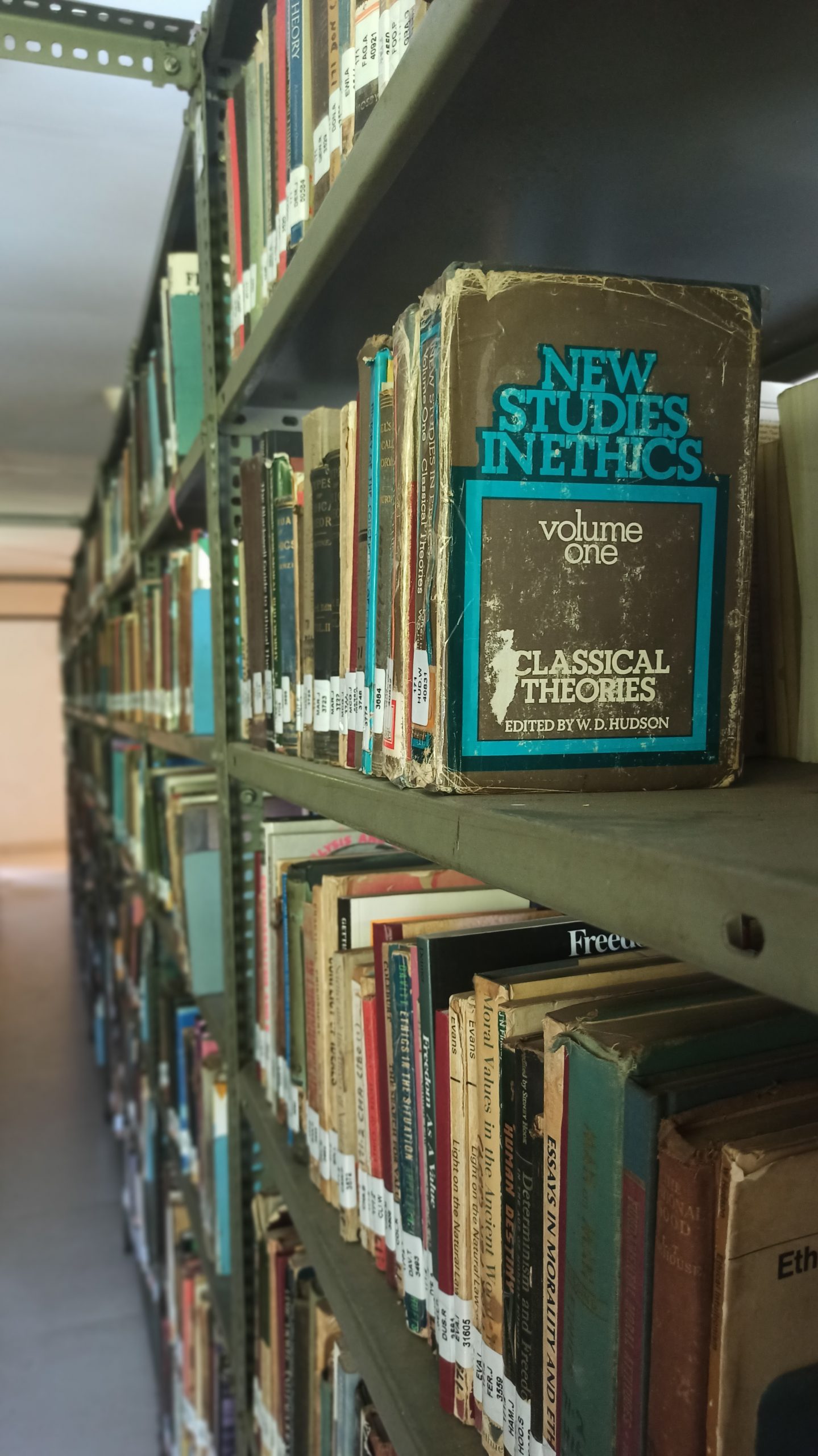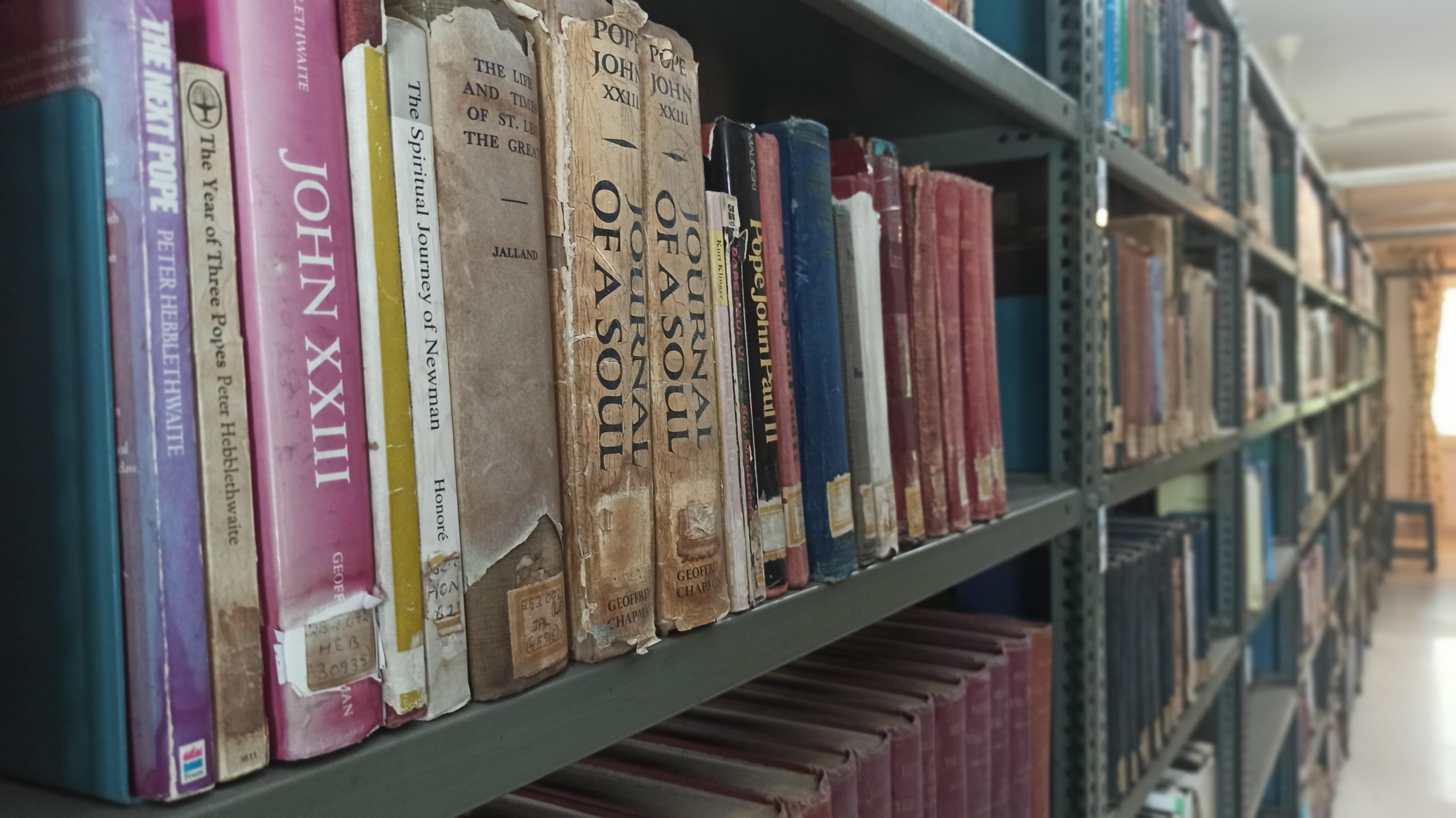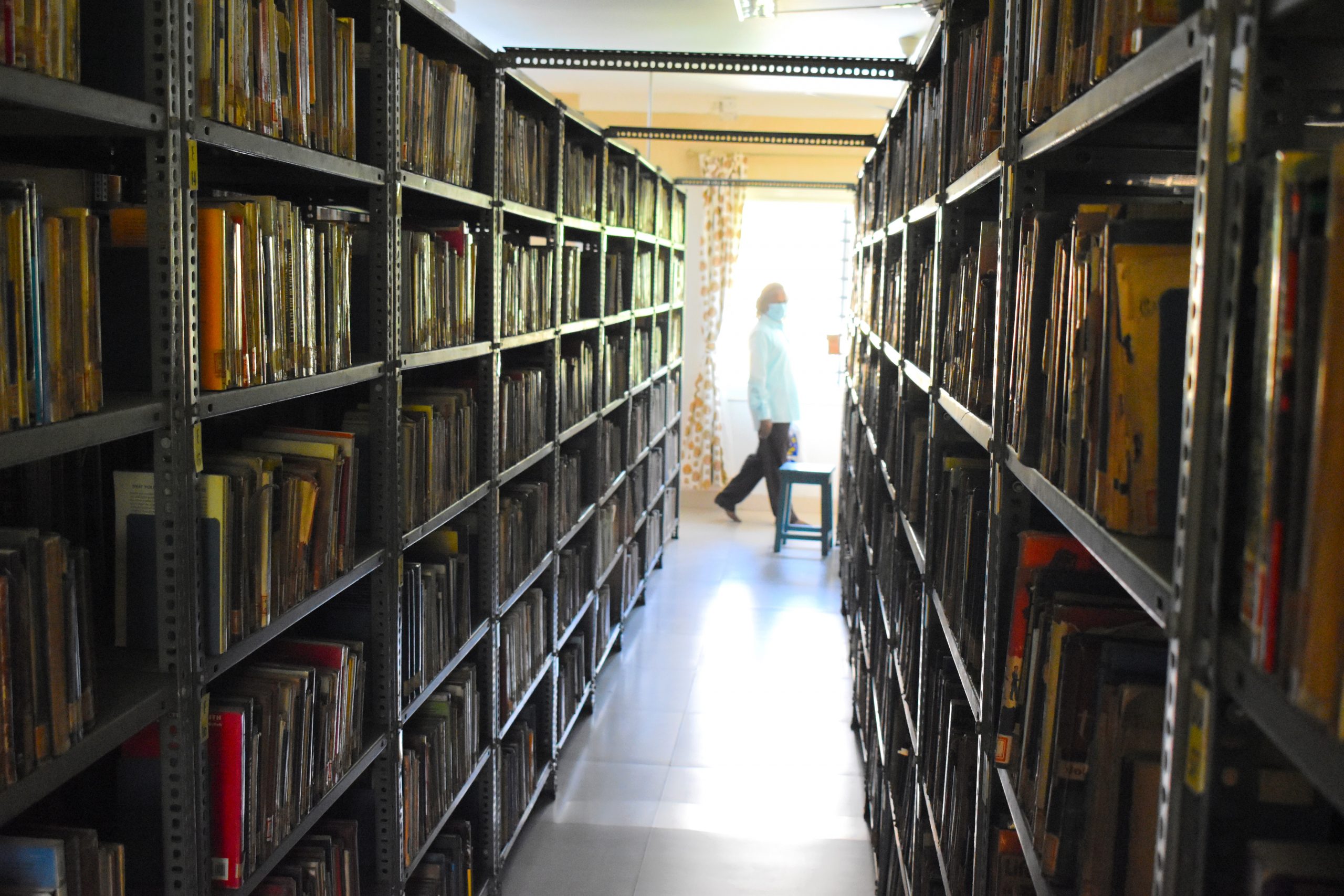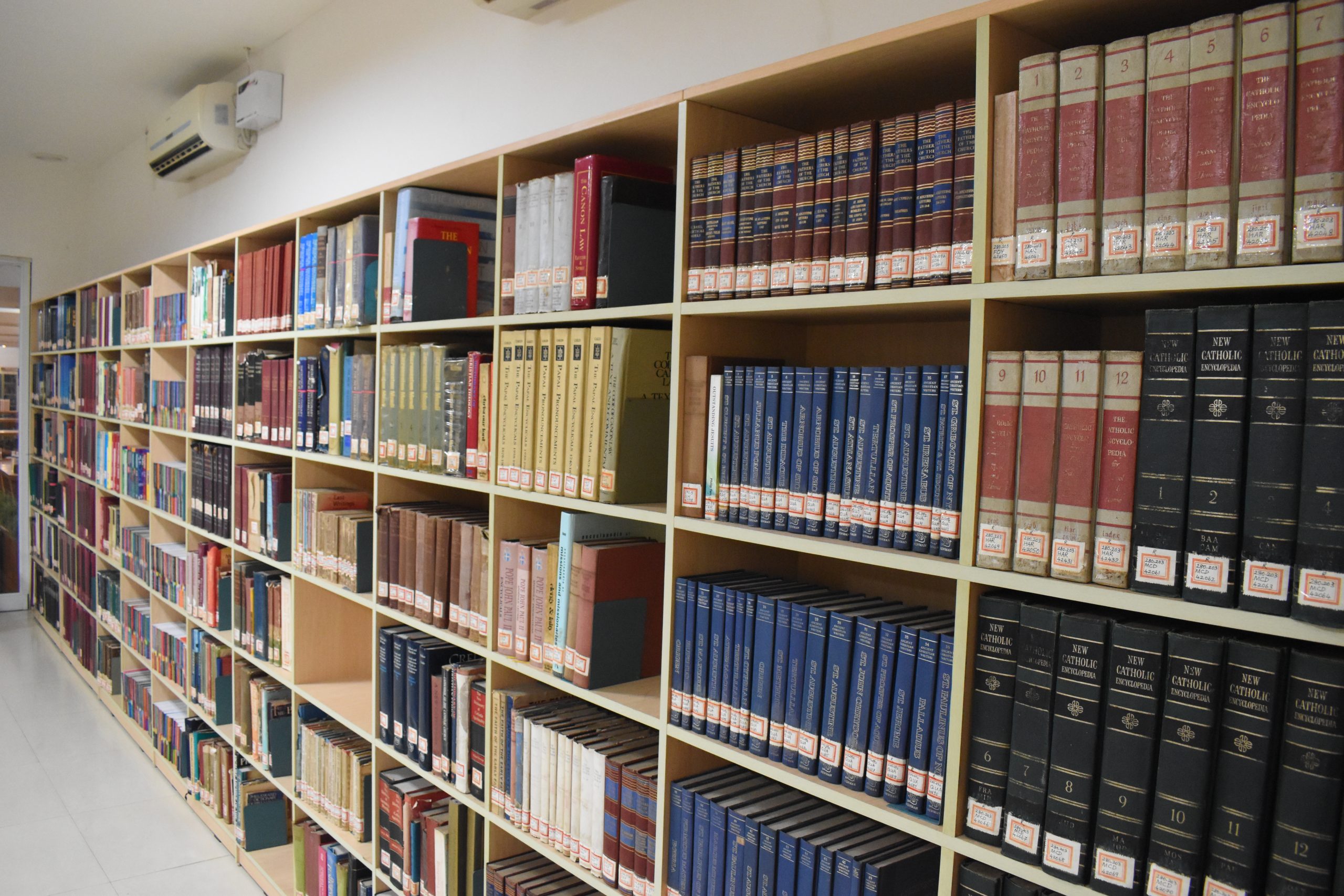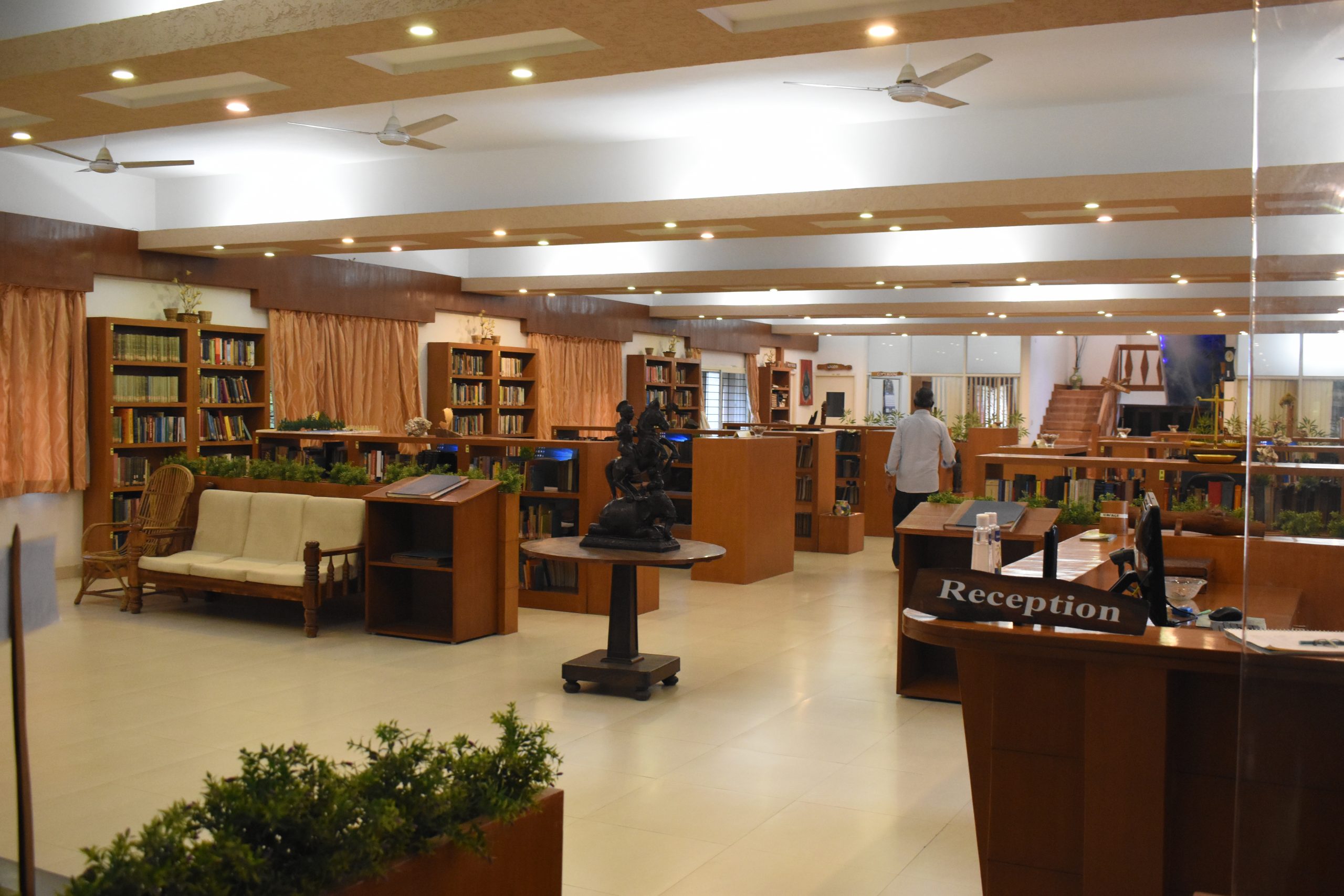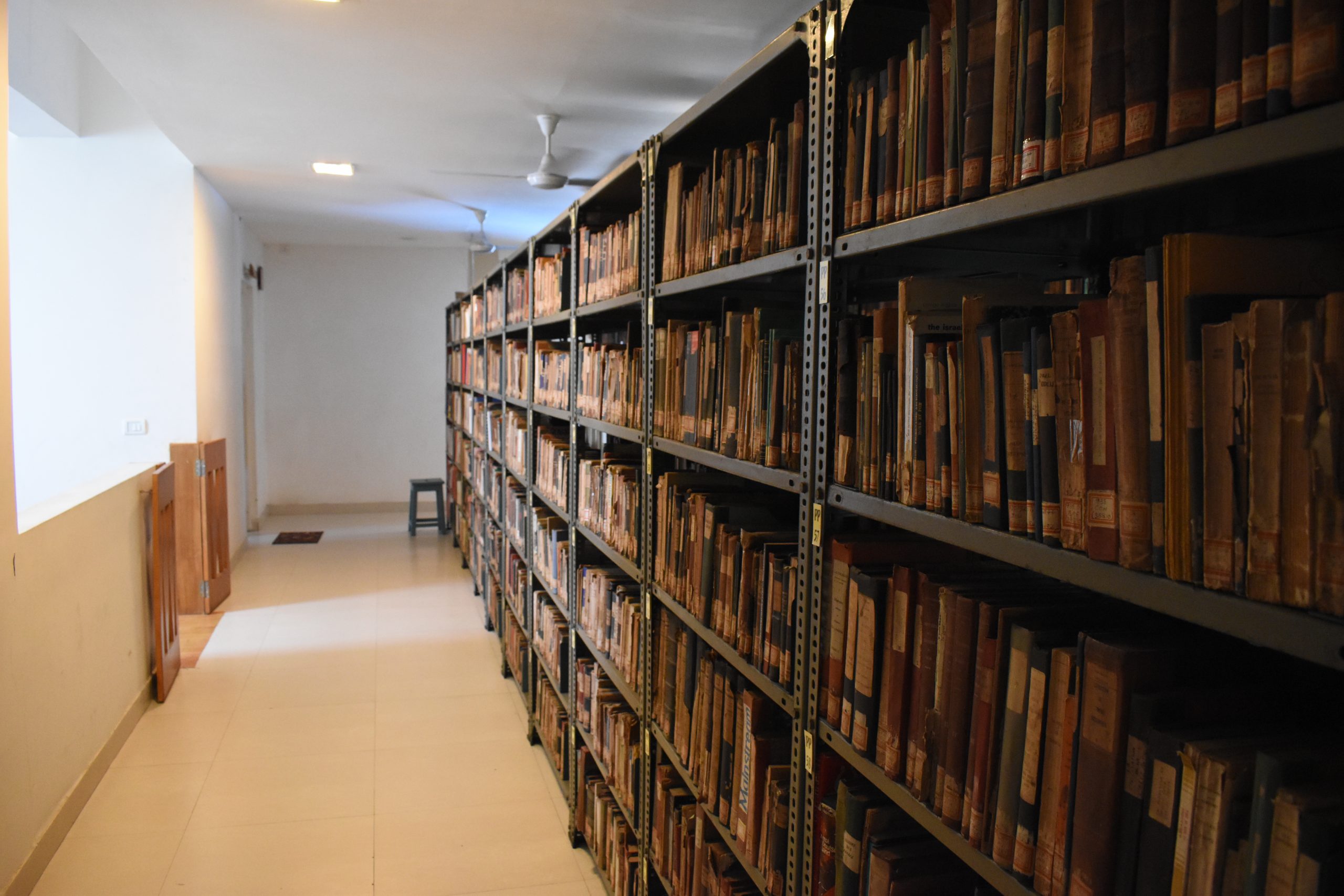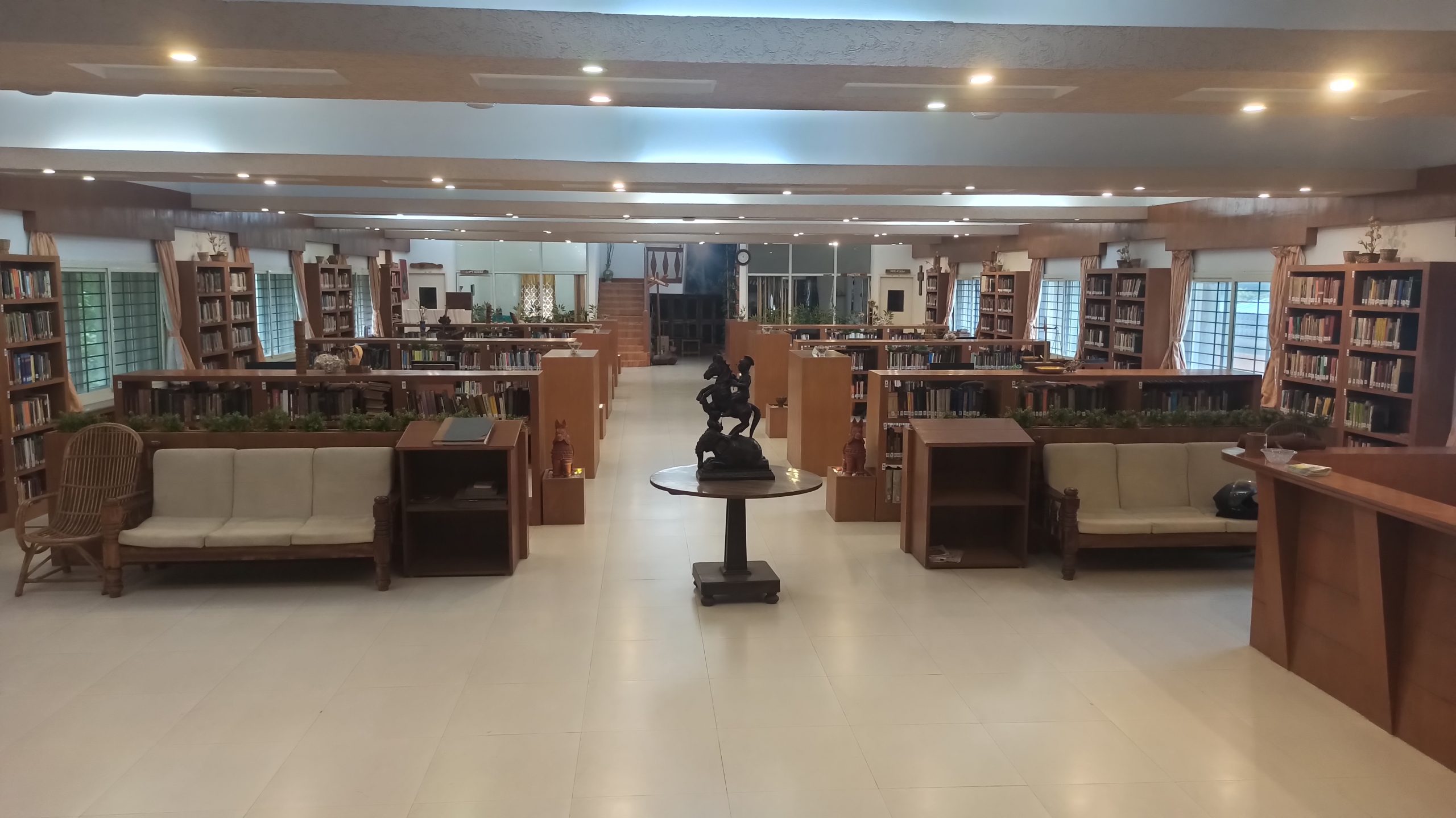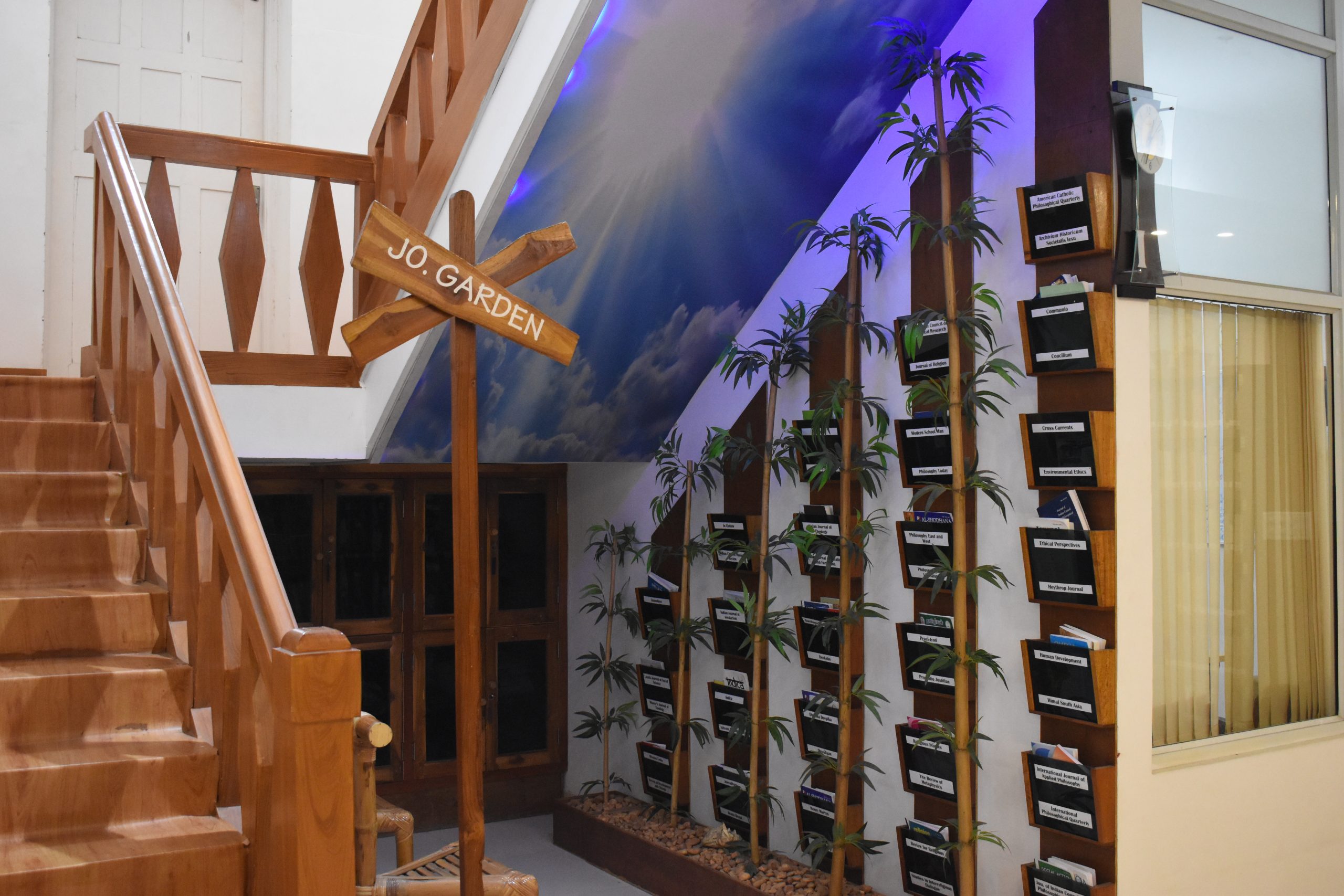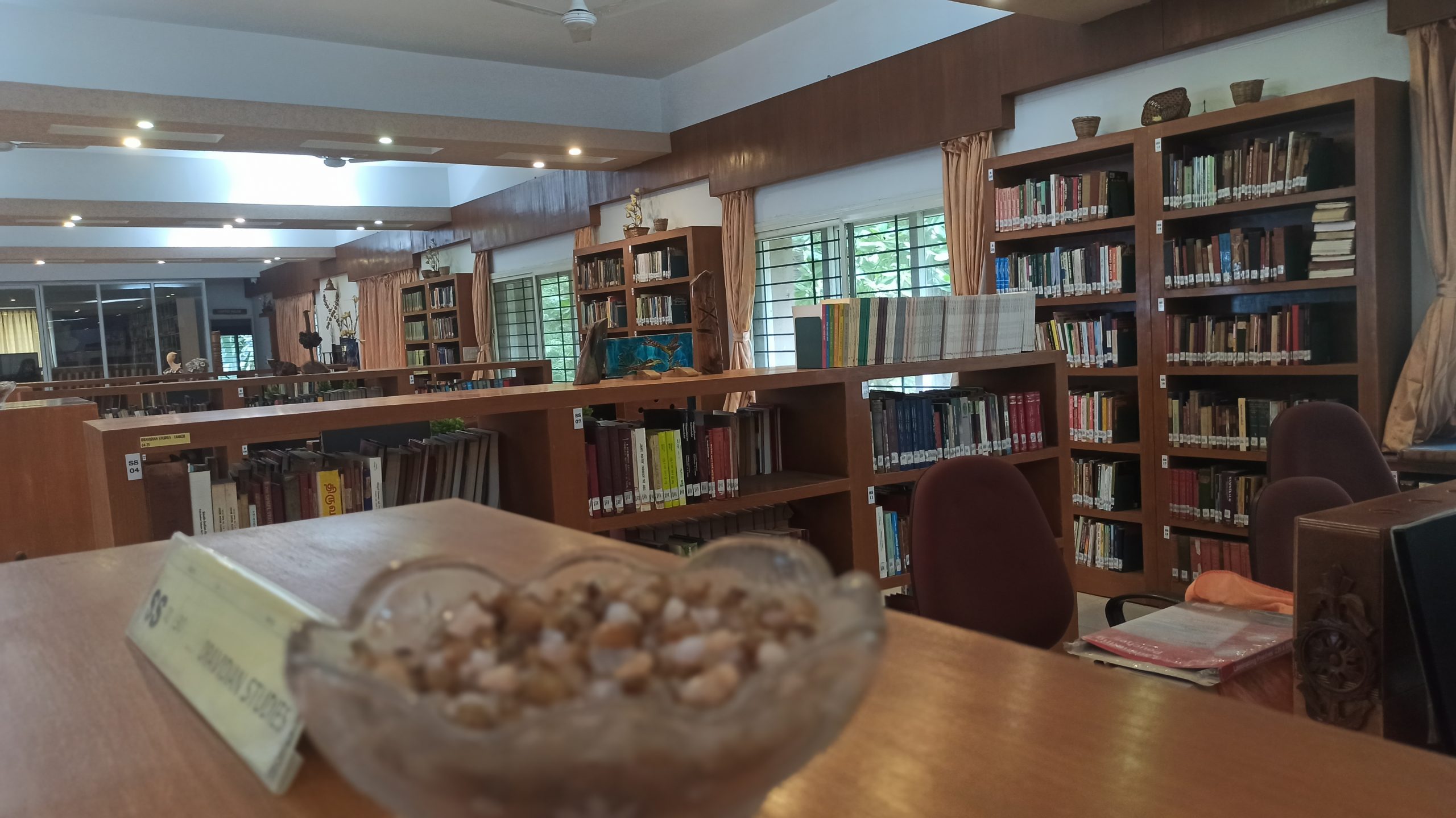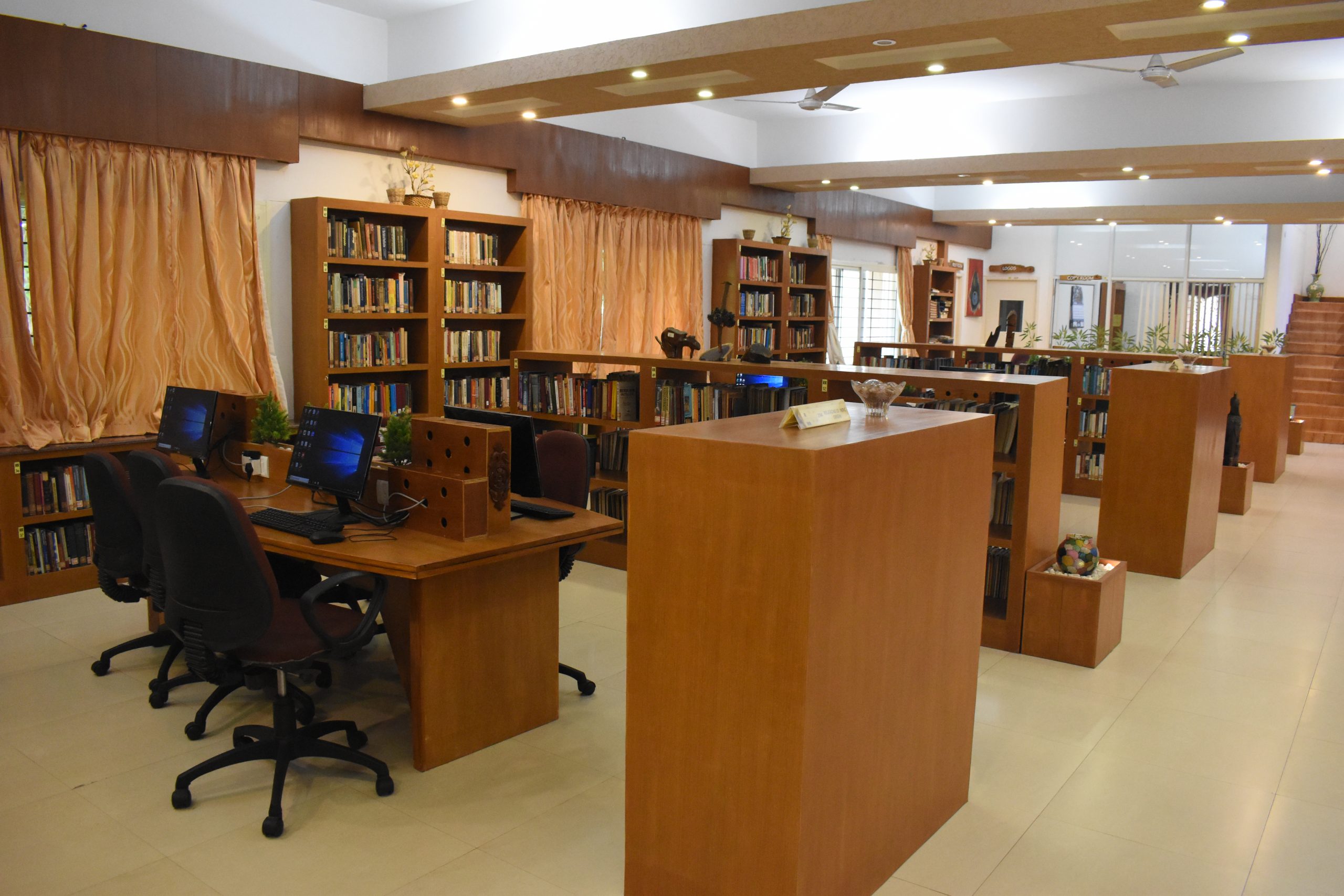Kolvenbach Library
Satya Nilayam has an ancient library that dates back to 1895, the year in which the Jesuits in Madurai Province started a College of studies for its men information in Shembaganur. Most of the library shifted to Chennai in 1980 and has been ever since catering to the intellectual needs of the scholastics, scholars and the academia in this city.
Satya Nilayam library is an integral part of the Ecclesiatical Faculty of Philosophy, Satya Nilayam Research Insitute, and the Jesuit community here. It has a collection of more than 65,000 volumes of books and journals, well catalogued and stacked. The library has grown over the years and is now computerised too.
The library has now got a new building since 2013 and has been rechristened as KOLVENBACH LIBRARY. It was felt by the community to name this new library building in honour of the previous Superior General of the Society of Jesus, Rev. Fr Peter Hans Kolvenbach and hence, the name KOLVENBACH LIBRARY. Peter-Hans Kolvenbach, Superior General of the Society of Jesus (1981-2008), was a man known for his wisdom, prudence, commitment, and loyalty. He is a man of letters, a linguist, and of wise and balanced counsel. This Library is worthily named after him to inspire the younger generation towards greater wisdom.
Administration
Rev Dr Patrick Arockiaraj, SJ
Librarian
Ms. Amalorpava Mary
Assistant Librarian
Rev Dr Jagadish Murala, SJ
Library Committee Member
Rev Dr Valerian Mendonca, SJ
Library Committee Member
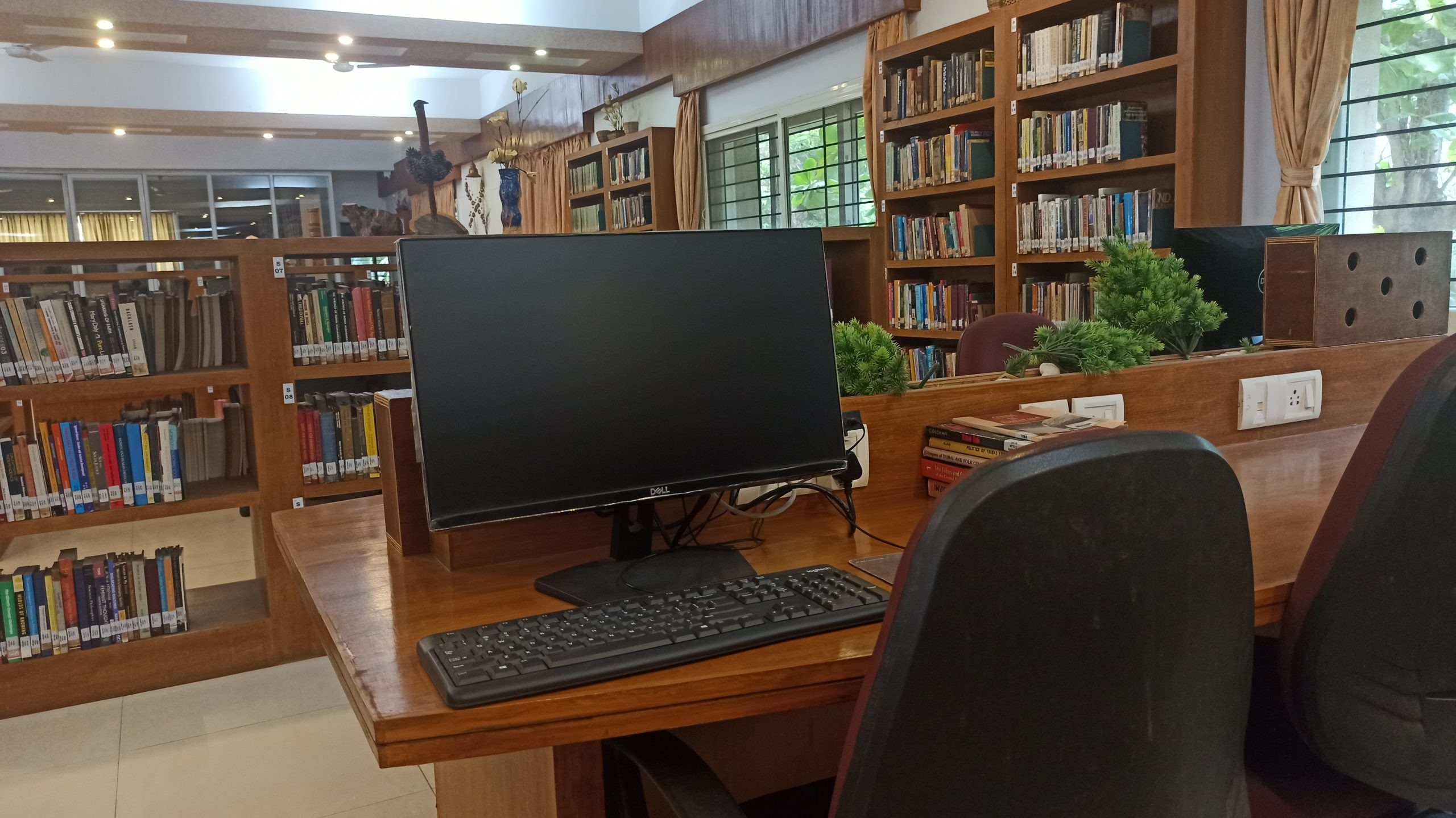
Objectives
Lorem Ipsum is simply dummy text of the printing and typesetting industry. Lorem Ipsum has been the industry’s standard dummy text ever since the 1500s, when an unknown printer took a galley of type and scrambled it to make a type specimen book. It has survived not only five centuries, but also the leap into electronic typesetting, remaining essentially unchanged. It was popularised in the 1960s with the release of Letraset sheets containing Lorem Ipsum passages, and more recently with desktop publishing software like Aldus PageMaker including versions of Lorem Ipsum.

Mission
- The College will draw its inspiration from the philosophical heritage of the
East and the West, particularly from the cultural and philosophical heritage of
India, so that the students may acquire a solid and coherent understanding of
human beings, the world and God.
- Teaching and Learning will be integrative, dialogical and critical rather than
parallel, juxtaposed or compartmentalized. It aims to train the students to a
level of high qualification to reflect, analyze, and critique the concrete realities
of life.
- Further, the Faculty will endeavour to draw the authentic values and insights
of India’s religious experience and intellectual traditions into the philosophical
experience, creatively contributing to the society at large.
To foster those, the department will encourage reflection on the philosophical,
cultural and socio-political movements in India by making available allimportant publications, research and writing and inviting experts in these
fields to offer lectures and courses.Lorem Ipsum is simply dummy text of the printing and typesetting industry. Lorem Ipsum has been the industry’s standard dummy text ever since the 1500s, when an unknown printer took a galley of type and scrambled it to make a type specimen book. It has survived not only five centuries, but also the leap into electronic typesetting, remaining essentially unchanged. It was popularised in the 1960s with the release of Letraset sheets containing Lorem Ipsum passages, and more recently with desktop publishing software like Aldus PageMaker including versions of Lorem Ipsum.
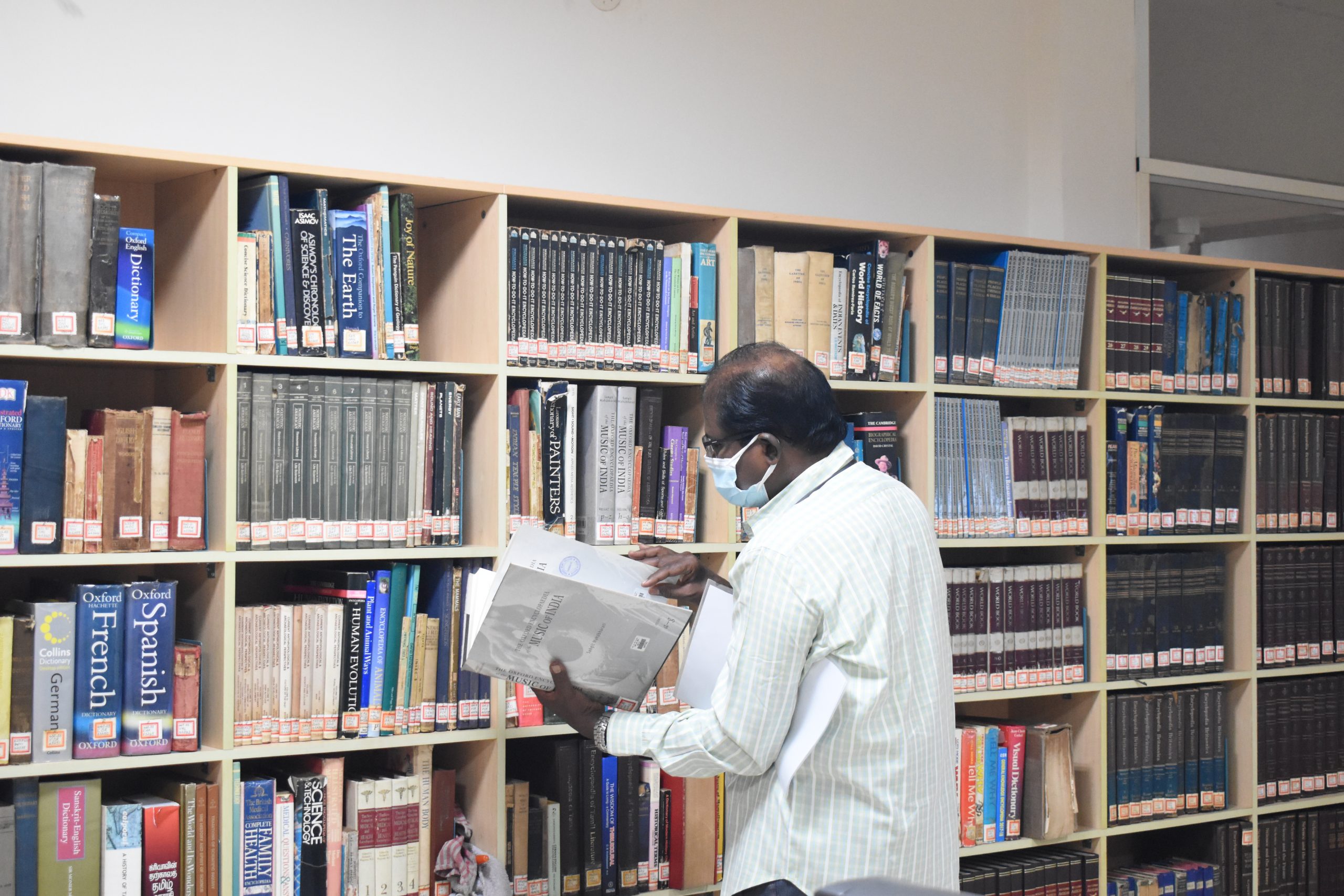
Vision
Lorem Ipsum is simply dummy text of the printing and typesetting industry. Lorem Ipsum has been the industry’s standard dummy text ever since the 1500s, when an unknown printer took a galley of type and scrambled it to make a type specimen book. It has survived not only five centuries, but also the leap into electronic typesetting, remaining essentially unchanged. It was popularised in the 1960s with the release of Letraset sheets containing Lorem Ipsum passages, and more recently with desktop publishing software like Aldus PageMaker including versions of Lorem Ipsum.
WELCOME
The library is happy to have you here. We welcome you to optimize your precious time during your visit here. The library is open from 09:30 am to 05:30 pm on all days, except on Sundays, and notified holidays.
- 09:30 Library opens
- 01:10* Lunch Break (*12:30 pm on Saturdays and holidays)
- 02:15 Circulation Desk opens (issues/ renewals/ returns)
- 04:00 Break (15 mts)
- 05:30 Library closes05:30 Library closes
BOOK SEARCH, ISSUES, RENEWALS AND RETURNS
Inside the library, you can use our intranet facilities (you need not use your internet login account for searching our website).
ISSUES: ONLY Books in the Stack Section and Documentation sections are issued. Books in the other sections (reference, journal, heritage) are not issued. Books should not be taken out of the library without first being issued through the computer system.
Books are issued normally for a month (only to resident staff, resident students, and snri scholars who are members of the library), and they can be renewed for another month.
- 05 books for Resident Students,
- 08 books for Resident Scholars,
- 10 books for Resident Staff
- We apologize to our visiting scholars – we do not lend books to non-residents.
ALL OUR TRANSACTIONS ARE COMPUTERISED. It is your responsibility to get all the books registered into your account. Please do not take any book WITHOUT COMPUTER REGISTRATION.
FINE: A fine of Re. 1 per book per day would be collected from the next day of the date printed on the due slip. We shall send you a reminder to your email as your day to return the book approaches However, this is ONLY a help, and it is the sole responsibility of the member to return the book on time. A person may be barred for the semester if any book or journal is taken out without proper approval OR If borrowed books are lent to ‘outsiders’. Heavy fine (normally triple the original price) would be levied on those who lose the borrowed books.
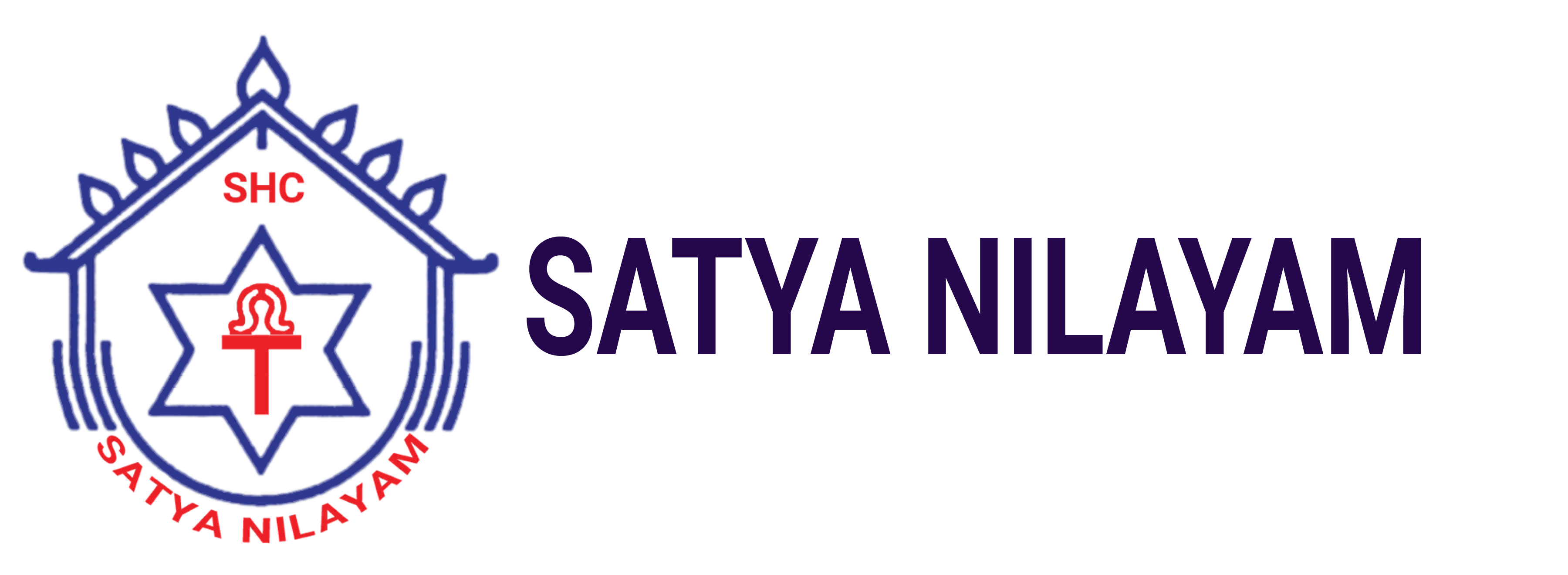
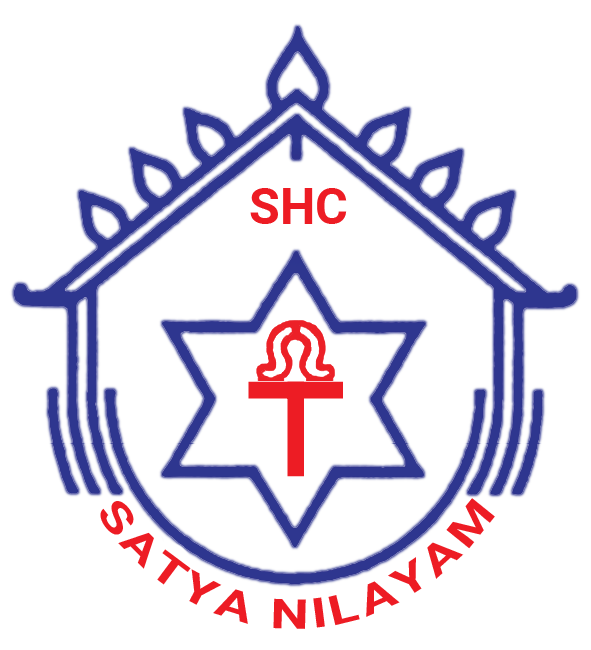

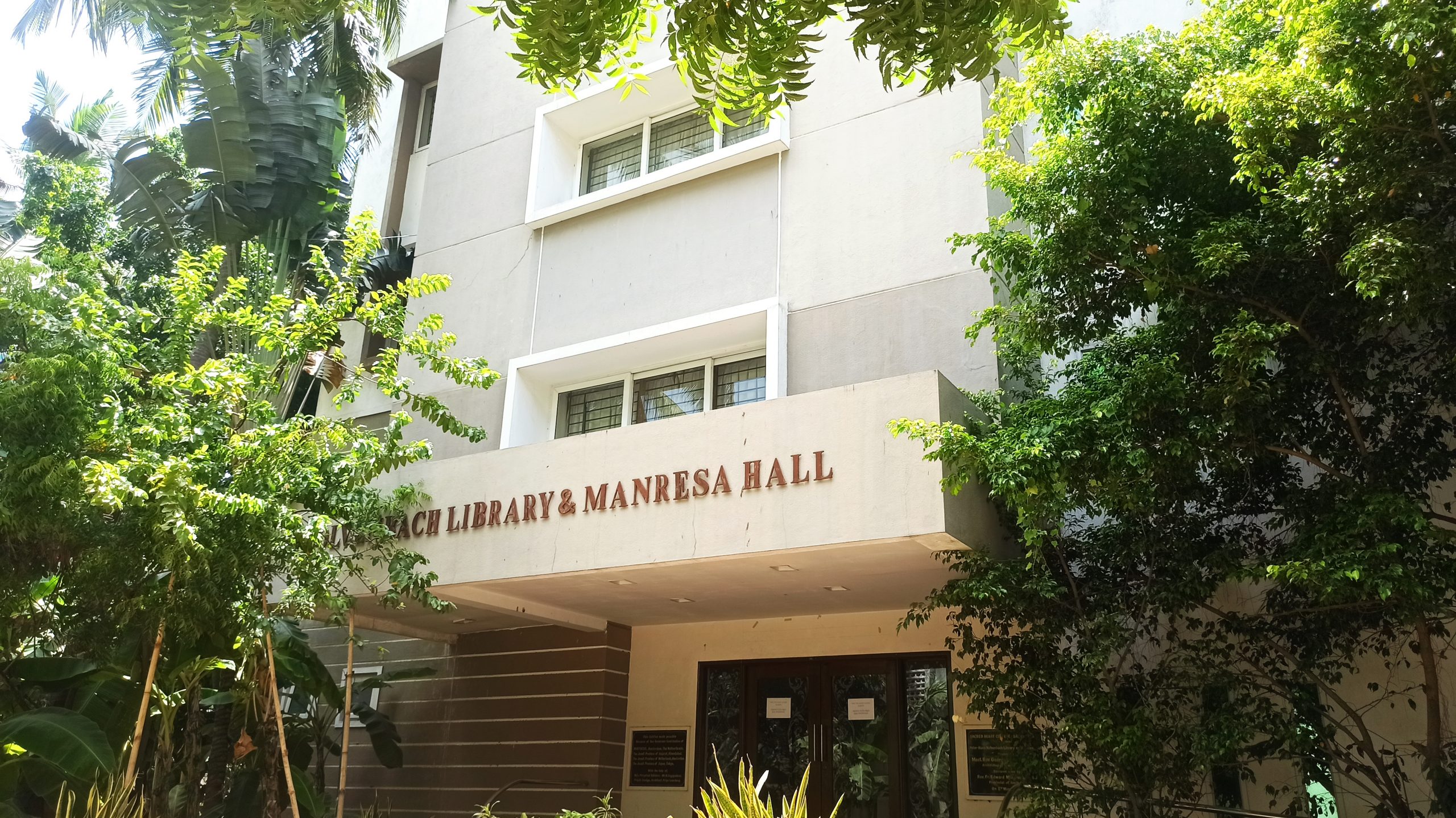
 Objectives
Objectives Mission
Mission Vision
Vision
